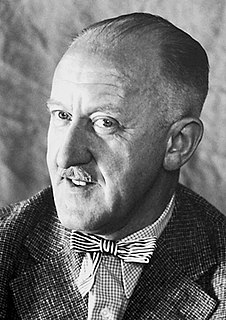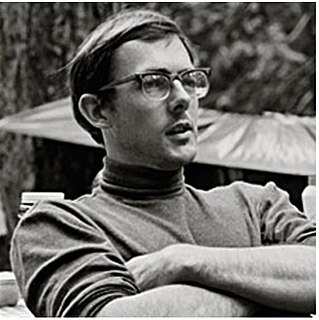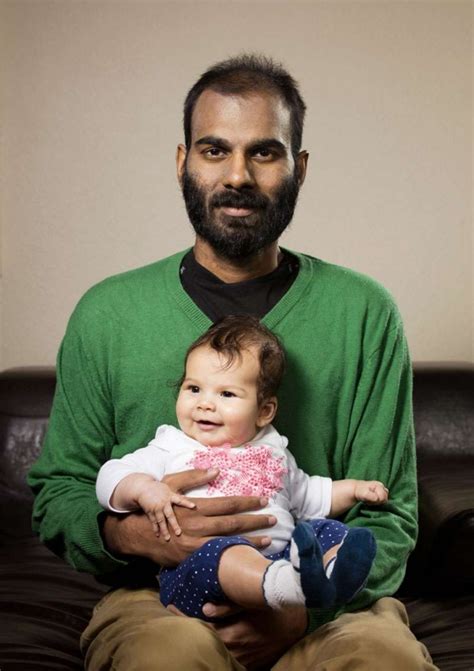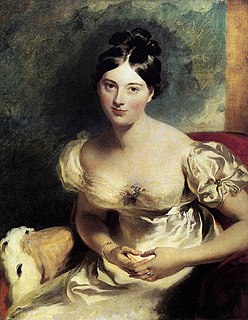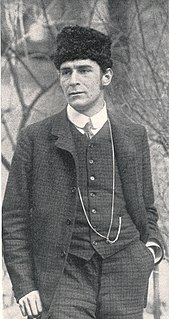A Quote by Halldor Laxness
My thoughts fly to the old Icelandic storytellers who created our classics, whose personalities were so bound up with the masses that their names, unlike their lives' work, have not been preserved for posterity.
Related Quotes
All the events you have experienced in your lifetime up to this moment have been created by your thoughts and beliefs you have held in the past. They were created by the thoughts and words you used yesterday, last week, last month, last year, 10, 20, 30, 40, or more years ago, depending on how old you are
All the events you have experienced in your lifetime up to this moment have been created by your thoughts and beliefs you have held in the past. They were created by the thoughts and words you used yesterday, last week, last month, last year, 10, 20, 30, 40, or more years ago, depending on how old you are.
Most birds were created to fly. Being grounded for them is a limitation within their ability to fly, not the other way around. You, on the other hand, were created to be loved. So for you to live as if you were unloved is a limitation, not the other way around. Living unloved is like clipping a bird’s wings and removing its ability to fly. Not something I want for you. Pain has a way of clipping our wings and keeping us from being able to fly. And if left unresolved for very long, you can almost forget that you were ever created to fly in the first place.
When we are young we do not look into mirrors. It is when we are old, concerned with our name, our legend, what our lives will mean to the future. We become vain with the names we own, our claims to have been the first eyes, the strongest army, the cleverest merchant. It is when he is old that Narcissus wants a graven image of himself.
Men sometimes speak as if the study of the classics would at length make way for more modern and practical studies; but the adventurous student will always study classics, in whatever language they may be written and however ancient they may be. For what are the classics but the noblest recorded thoughts of man?... We might as well omit to study Nature because she is old.
I spoke with the crows before leaving for Los Angeles. They were the resident storytellers whose strident and insistent voices added the necessary dissonance for color. They had cousins in California, and gave me their names and addresses, told me to look them up. They warned me, too, what they had heard about attitude there. And they were right. Attitude was thick, hung from the would-be's and has-beens and think-they-ares, so thick that I figured it was the major source of the smog.
In those days, we imagined ourselves as being kept in some kind of holding pen, waiting to be released into our lives. And when the moment came, our lives -- and time itself -- would speed up. How were we to know that our lives had in any case begun, that some advantage had already been gained, some damage already inflicted? Also, that our release would only be into a larger holding pen, whose boundaries would be at first undiscernible.
In moments of spiritual crisis we naturally fall back upon what worked for us, or seemed to work, heretofore. Sometimes this shows up through the reassertion of our old values in belligerent, testy ways. Regression of any kind is just such a return to old presumptions, often after they have been shown to be insufficient for the complexity of larger questions. The virtue of the old presumptions is that they once worked, or seemed to work, and therein lies if not certainty, then nostalgia for a previous, presumptive security. In our private lives, we frequently fall back upon our old roles.
